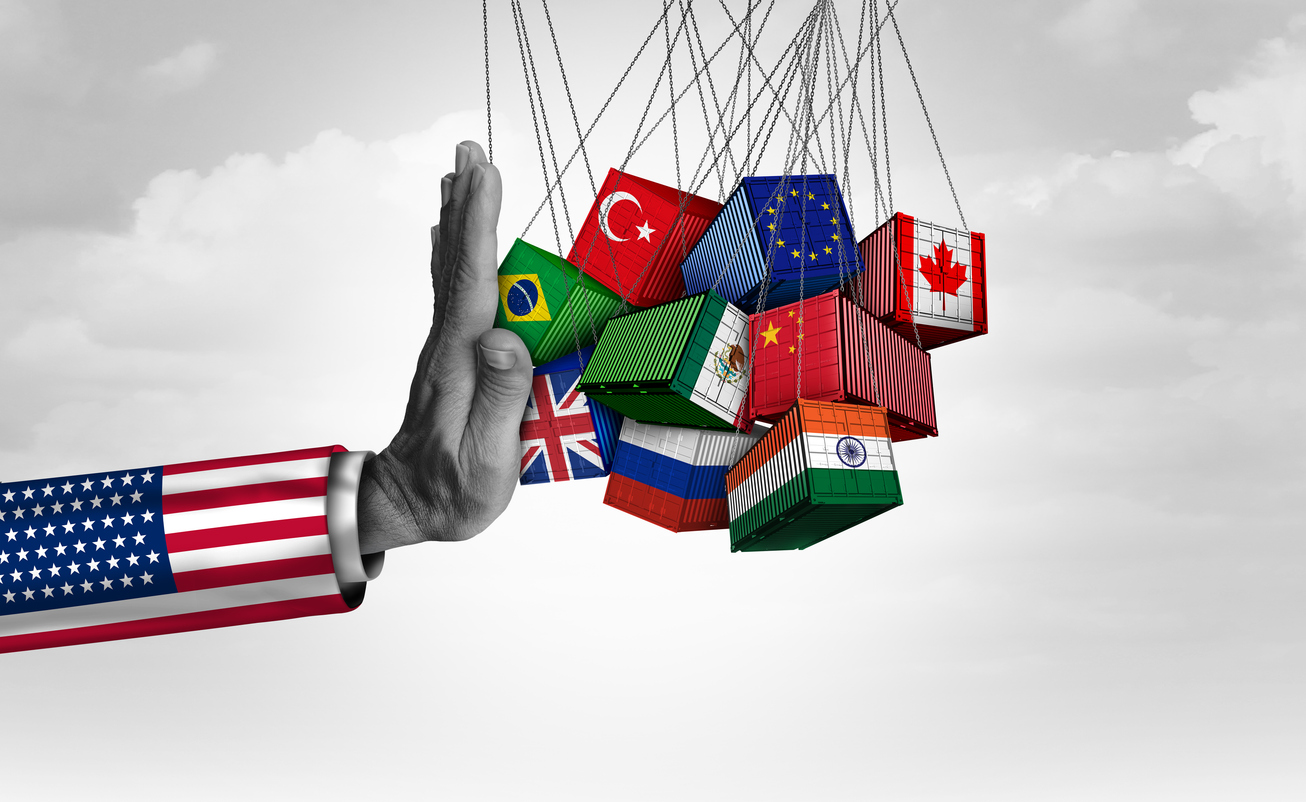Understanding the Foreign Trade Zone Application in the US: A Complete Guide for Businesses
Expanding into the US market can be a powerful step for international businesses seeking growth, but navigating import duties, customs procedures, and supply chain costs can be challenging. One strategic solution that companies increasingly use is the Foreign Trade Zone (FTZ) program.
In this guide, we’ll explore how the Foreign Trade Zone application process in the US works, its benefits, and how Wigmore Trading can support your import and export operations efficiently.
What is a Foreign Trade Zone (FTZ)?
A Foreign Trade Zone is a designated area within the United States where foreign and domestic goods are considered outside of US customs territory for duty purposes. This means that goods can be stored, assembled, repackaged, or manufactured without immediately paying customs duties or excise taxes until they enter the US market.
FTZs are regulated by the Foreign-Trade Zones Board, managed by the US Department of Commerce and US Customs and Border Protection (CBP).
For businesses engaged in import/export, manufacturing, or wholesale distribution, FTZs can significantly improve cash flow, reduce costs, and enhance global competitiveness.
Why Apply for a Foreign Trade Zone in the US?
Applying for an FTZ provides numerous advantages for global traders and manufacturers. Key benefits include:
1. Duty Deferral and Reduction
Import duties are only paid when goods leave the FTZ and enter the US market. If goods are re-exported, no duty is paid at all. Additionally, businesses can take advantage of inverted tariff benefits, where duties on finished products are lower than on imported components.
2. Improved Cash Flow
By deferring duty payments, companies free up working capital and reduce the financial burden of maintaining large inventories.
3. Operational Efficiency
FTZs allow for efficient warehousing, packaging, testing, and distribution within a controlled customs environment—reducing logistics bottlenecks and administrative costs.
4. Enhanced Security and Compliance
US Customs provides streamlined supervision and security protocols within FTZs, helping companies maintain compliance while protecting valuable goods.
5. Competitive Advantage
Businesses operating within FTZs can price their products more competitively, thanks to reduced operational and import costs.
Steps to Apply for a Foreign Trade Zone in the US
Applying for a Foreign Trade Zone designation requires coordination with multiple US authorities and agencies. Below are the essential steps:
1. Determine Eligibility and FTZ Type
There are two main types of FTZs:
-
General-Purpose Zones, which serve multiple companies (usually at industrial parks or port locations).
-
Subzones, created for individual companies engaged in specific manufacturing or logistics operations.
Assess which type suits your business based on your operation scale, industry, and import/export activities.
2. Prepare a Detailed Application
Applications are submitted to the US Foreign-Trade Zones Board. A typical application includes:
-
Business information and ownership details
-
Proposed site and facilities description
-
Economic justification and expected benefits
-
Environmental and community impact statement
The process usually involves both grantee support (local zone authority) and federal review.
3. Work with the Local Grantee
Each US region has an FTZ grantee—typically a port authority or economic development agency. They assist businesses with site approval, documentation, and coordination with CBP.
4. Obtain Activation Approval from US Customs
Once your zone designation is approved, your company must request activation approval from Customs and Border Protection. This includes a site inspection and compliance checks.
5. Maintain Ongoing Compliance
FTZ operators must keep detailed inventory records, security systems, and regular reporting to CBP to retain their active status.
Common Challenges in the FTZ Application Process
While the benefits are substantial, the FTZ application process can be complex. Challenges may include:
-
Lengthy approval timelines (often 6–12 months)
-
Regulatory documentation requirements
-
Local zoning and site inspection hurdles
For international businesses new to the US market, navigating these complexities can be daunting.
That’s where Wigmore Trading can help.
How Wigmore Trading Supports Businesses with Foreign Trade Zone Operations
At Wigmore Trading, we specialize in import/export management, wholesale distribution, and logistics coordination across Africa, the UK, and the US. We help businesses expand into international markets seamlessly—especially those leveraging US Foreign Trade Zones for strategic growth.
Our expertise includes:
-
Supply chain optimization for FTZ operations
-
Customs compliance assistance and documentation support
-
Global sourcing for manufacturers and distributors seeking reliable trade channels
-
Bulk procurement and export of consumer goods, raw materials, and FMCG products
Whether you’re setting up a new FTZ operation or expanding your trade capacity, Wigmore Trading can help you navigate the complexities of global trade efficiently.
Conclusion: Streamline Your Global Trade with FTZ Benefits
The Foreign Trade Zone application in the US offers a powerful tool for international businesses to manage costs, simplify logistics, and enhance competitiveness. However, the process demands expertise, coordination, and regulatory knowledge.
With the right partner—like Wigmore Trading—your company can unlock the full potential of FTZ benefits, strengthen your global supply chain, and achieve long-term business efficiency.
Contact Wigmore Trading today to streamline your sourcing and trade operations.







Comments are closed.